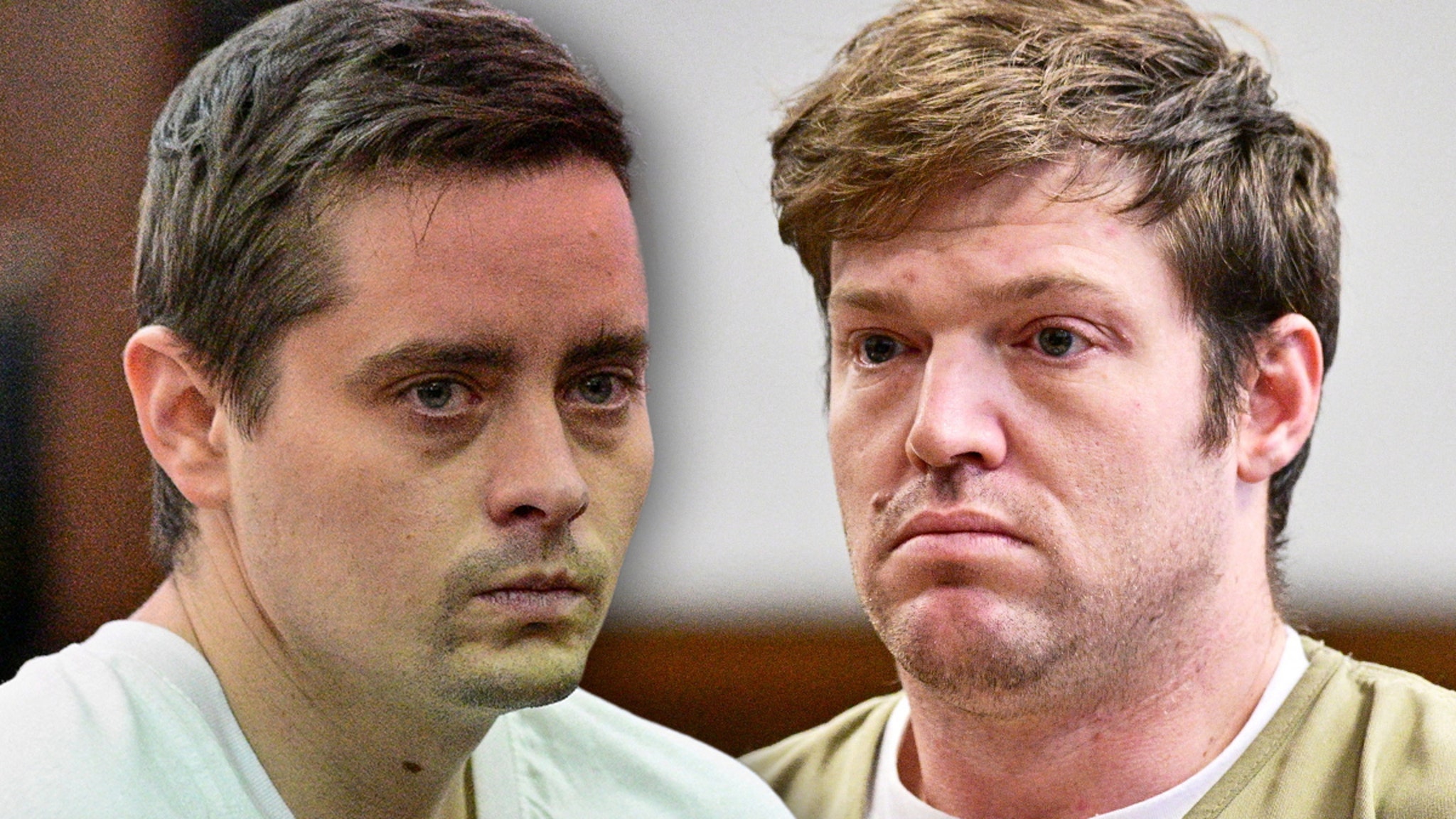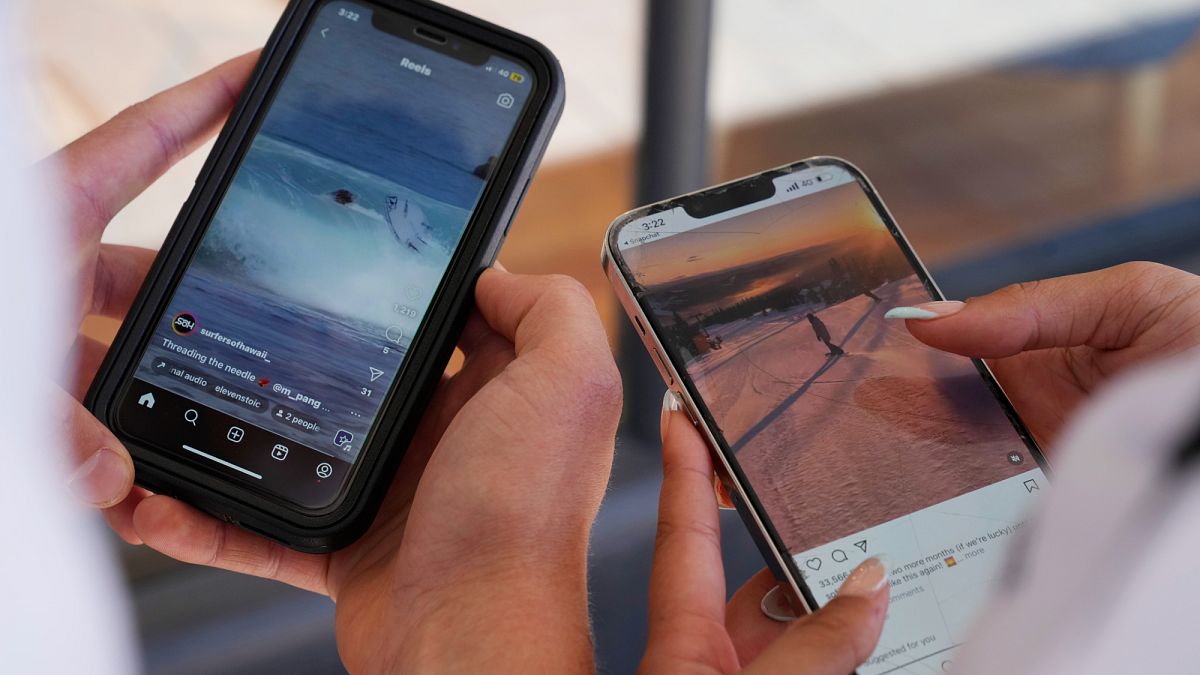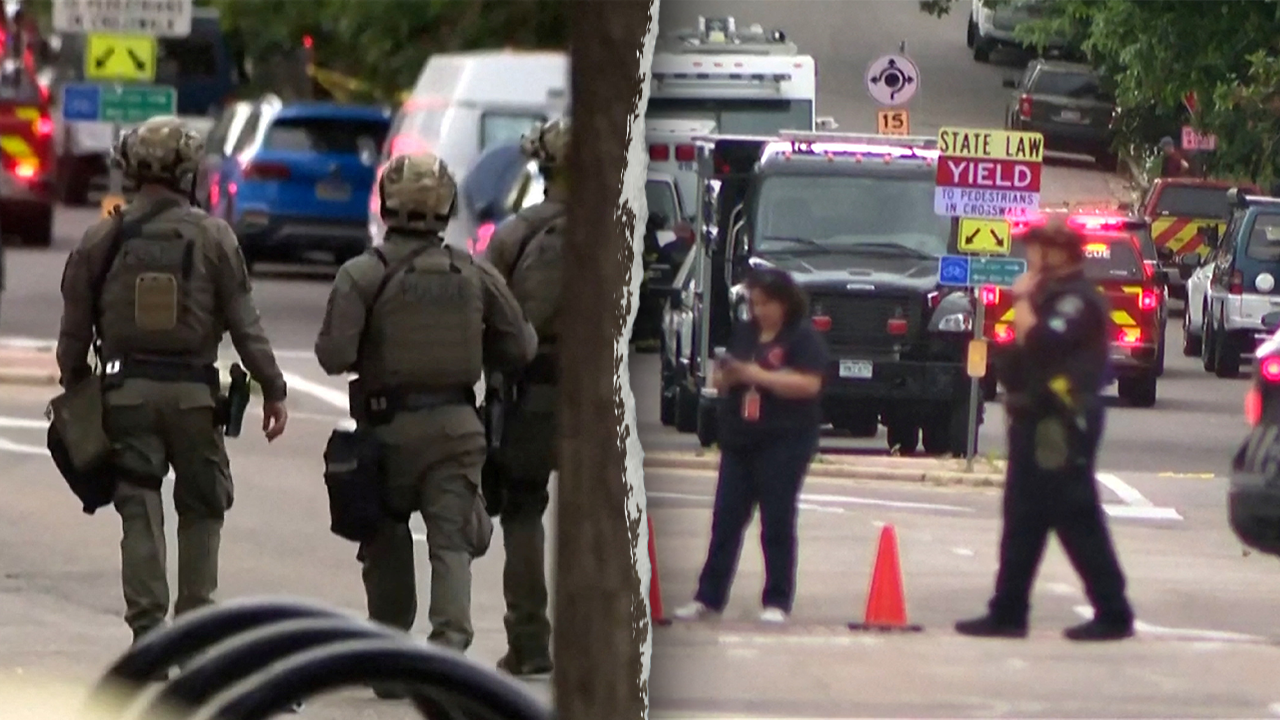Mississippi
Mississippi has a history of voter suppression. Many see signs of change as Black voters reengage

JACKSON, Miss. — A few years ago, Tiffany Wilburn just didn’t see the point in voting any longer.
Her children didn’t have proper school books, health insurance was expensive and hard to get, police abuse continued against Black residents, and her city’s struggle to get clean drinking water seemed emblematic of her community always coming out on the short end of state decision-making.
Combine that with Mississippi’s long history of voter suppression and she felt casting a ballot was simply a hopeless exercise.
“It’s like you’re not being heard,” Wilburn said in her hometown of Jackson, the state capital. “You run to the polls, hoping and praying for change, and then you look around and nothing’s really happening. So you shut down.”
Recent interviews with Black voters, voting rights groups, candidates and researchers show that the voter fatigue felt by Wilburn has been widely shared in a state where nearly 40% of the overall population is Black. This year, political dynamics have combined to begin changing that, leading many voters such as Wilburn to reengage.
The race for governor appears competitive and is drawing national attention. Tuesday’s election also happens to be the first one in Mississippi to be held without the burden of an unusual post-Reconstruction constitutional provision that had made it virtually impossible for Black candidates to win on a statewide basis.
Five Black candidates are running for statewide office, from agriculture commissioner to secretary of state. Each is trying to become the first Black candidate to ever win one of those posts.
Taylor Turnage, 27, youth program director with Mississippi Votes Action Fund, speaks about elections, race and voter fatigue during a roundtable discussion with other youth community activists, on Oct. 25, 2023, in Jackson, Miss. Credit: AP/Rogelio V. Solis
Voting rights advocates hope the changes will encourage a rebuilding of the Black community’s voting base and provide a tail wind to Democrats in a state that is now mostly controlled by Republicans.
“Black people here aren’t scared to vote and do care because it impacts all of us, our entire livelihood,” said Glennard Warren, a 66-year-old voter in Vicksburg. “Now it’s more important that we enhance and educate all voters, especially Black people. But the voting process isn’t necessarily sound and there are many constraints that we’re facing like gerrymandering, purging of voter rolls — it’s a lot. But I’m going and taking everyone I can with me.”
White leaders of both parties used numerous tactics over several decades to suppress the Black vote, from poll taxes to literacy tests. Among the most pernicious was a provision slipped into the Mississippi Constitution in 1890 that required candidates for governor and other statewide offices to win not only a majority of the vote, but also a majority of the state’s 122 House districts.
After a lawsuit, voters in 2020 repealed it, ensuring that candidates just had to win a simple statewide majority. Some voting rights groups and candidates said that provides an opening, not just for this year’s candidates, but also to start expanding their voter base.

Austin Crudup, 23, with Mississippi Votes, speaks about elections, race and voter fatigue during a roundtable discussion with other youth community activists, on Oct. 25, 2023, in Jackson, Miss. Credit: AP/Rogelio V. Solis
Robert Bradford, the Democratic nominee for state agriculture commissioner, said repealing that part of the constitution will open doors for Black candidates to succeed in the years to come. He joined with several other Democratic candidates to engage with voters who had become disenchanted, thinking their voice would never make a difference in the state.
“We’ve got to sow those seeds in areas that never had anything grown,” he said. “We met people who felt like, ‘Why vote because nothing’s going to happen?’ It’s that mindset and those feelings that we have to address.”
Black voters in the state still face a disproportionate burden. A common complaint is about a purging of voter rolls that has caused problems for Black voters as recently as this year’s August primary.
Taylor Turnage of the Mississippi Votes Action Fund had to file a provisional ballot after she went to her polling place and found her name had been removed from the rolls.
“I’ve been voting in Tougaloo for several years with no problems. But when I went, I was told, ‘You’re not in the system,’” she said. “You’re purging people who are actually voting now? If people don’t know they’re purged until Election Day, it’s too late then.”
Among the remaining hurdles is another part of the state constitution that strips voting rights from people who have committed certain felonies, a provision that also dates to 1890.
Critics say the named crimes were ones the white power structure thought Black people were more likely to commit. In 2009, a former Democratic state attorney general issued an opinion that expanded the list to 22 crimes, including timber larceny, carjacking, felony shoplifting and passing bad checks.
“We have to have conversations about what’s still on the books — because that repeal is done, but the work isn’t over,” said Danyelle Holmes, a national social justice organizer for Repairers of the Breach, a group that advocates for voting rights, democracy and a range of social issues. “That’s how we get to the root of the fatigue.”
The U.S. Supreme Court declined to reconsider a 2022 decision by the conservative 5th U.S. Circuit Court of Appeals that said Mississippi had remedied the discriminatory intent of the original provisions by altering the list of disenfranchising crimes.
Many other states in recent years have taken steps to reinstate voting rights for former felons. In Mississippi, more than 10% of Black adults are formerly incarcerated, according to a 2022 report by The Sentencing Project.
“That’s a huge percentage. If the elections were close and that 10% could vote, it very well could sway the elections,” said Marvin King, a professor at the University of Mississippi who focuses on African American politics.
More recent events have contributed to a sense of embattlement in the Black community.
In particular, a 2022 water crisis in Jackson left most of the 150,000 residents in the majority Black city without running water for several days after heavy rains damaged one of the water-treatment plants. Residents lamented the government’s lack of attention to their basic needs.
Last spring, Republican Gov. Tate Reeves, who faces a reelection challenge from Democrat Brandon Presley, signed into law a major change passed by the Republican-controlled and majority white Legislature that created special courts with appointed judges in the county that includes Jackson.
Two lawsuits challenged it, arguing that the Mississippi Constitution requires most judges to be elected. Critics also said it was another way to make it harder for Black voters to elect candidates of their choice. In September, the Mississippi Supreme Court blocked the appointment of the circuit court judges but allowed a new lower-level court with one appointed judge.
Ty Pinkins, the Democratic nominee for secretary of state, took notice, citing his extensive history in suing the state for similar offenses in the past.
“We’re here to make sure that doesn’t continue to happen,” he said during a candidates’ rally in Vicksburg.
Black voters are listening, but some said boosting engagement is a two-way street: If they show up to vote, it has to be translated into action. That sentiment is especially strong on college campuses, a focal point of several of the Black candidates running for statewide office.
Students at Jackson State University, a historically Black college, want to see candidates spend time on campus discussing the priorities of the youngest voting generation.
“If I were to put myself in a candidate’s shoes, I would actually go on campus not to get votes but to understand,” said Austin Crudup, a 23-year-old student. “Ask what is something that you would like me to fix or change? What could I do to make your life a little bit easier?”
___
Associated Press writers Emily Wagster Pettus in Jackson, Mississippi, and Gary Fields in Washington contributed to this report.

Mississippi
Grand opening of first Mississippi Buc-ee’s draws huge crowd

Mississippi
First Buc-ee’s in Mississippi opens to hundreds of loyal fans. See customer reactions
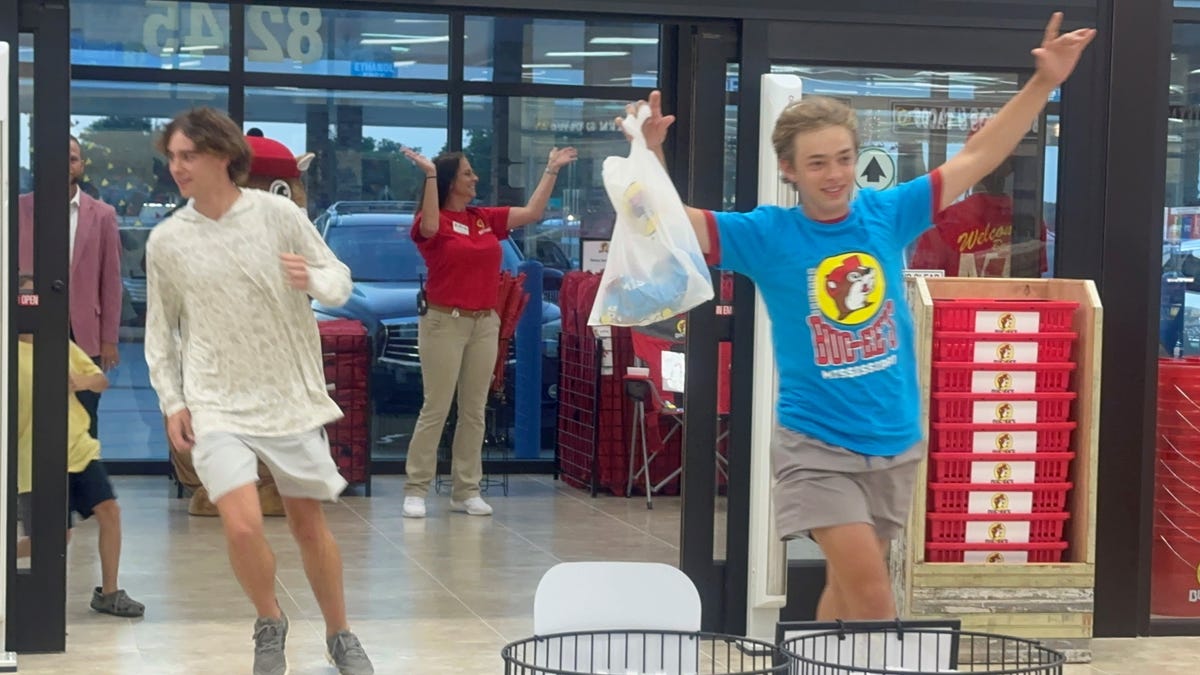
What to expect from Buc-ee’s before the first one opens in Mississippi
The Robertsdale, Ala., Buc-ee’s keeps people coming back. The stores have lots of food options and are known for clean bathrooms and friendly service.
PASS CHRISTIAN, Miss. — Amanda Yarborough, a schoolteacher from Long Beach, was one of the first to arrive at Buc-ee’s Travel Center on Monday, hours before the store’s 6 a.m. grand opening.
She brought her Buc-ee’s chair and sported a Buc-ee’s T-shirt and cap.
“What was I thinking?” she said, holding up a purple stainless-steel mug. “I didn’t bring a Buc-ee’s cup.”
Yarborough was one of nearly 1,000 Buc-ee’s fans who turned up for the first Buc-ee’s to open in Mississippi.
Like many other Buc-ee’s fans, she likes everything.
“It’s like the Amazon of gas stations,” she said.
At 6 a.m., hundreds stampeded the store’s opening.
The Ward family, who came from Alabama, discovered Buc-ee’s when the Leeds, Alabama, location opened.
Since 2023, the family has been to 45 stores before the Mississippi one and have the refrigerator magnets to prove it.
“We’re celebrating our 50th anniversary in two weeks, so this is kind of our pre-anniversary celebration,” Darlene Ward said, pointing to her husband, Charlie.”
The couple came from Boaz, Alabama, with their daughter Angela, who lives in Livingston, Alabama.
The family plans to visit the Robertsdale, Alabama, store on the way home.
“That will make 47 Buc-ee’s,” Angela Ward said.
Fifteen-year-old Scott Brown of Gautier dressed up in a Buc-ee’s onesie to celebrate the store’s opening.
“I thought it was kind of appropriate for today,” he said.
Brown said he likes the food and drinks at Buc-ee’s. One of the first things Brown and his friends did when the store opened was grab a few sandwiches. He couldnt wait. He scarfed one down before making it to the checkout counter.
Brown has been to several Buc-ee’s in Texas and Florida. Now there’s one closer to home.
“We go on cruises and we stop at every one of them,” he said.
The Mississippi location off Interstate 10 in Pass Christian is roughly 74,000 square feet — 20,000 square feet bigger than the neighboring location in Alabama. And it has 120 gas pumps, all of which were full as the store opened on Monday.
This is a developing story and will be updated.
Mississippi
Langdon and Maude Schuyler Clay capture the culture of Mississippi through the lens of a camera
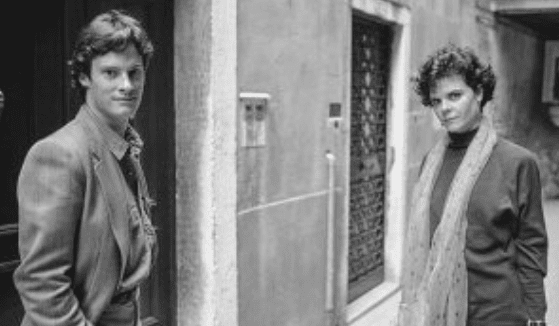
- The two have spent a lifetime documenting the world around them.
Watching documentaries and reading memoirs and other works of creative nonfiction has become almost an obsession with me. My fascination is probably due to the fact that the stories being told are real and true. Learning how people overcome obstacles or create a life for themselves that is vastly different from the expected trajectory ignites my own imagination. That is especially true of creative endeavors or lives that are rooted in the pursuit of creative storytelling in one way or another.
In Mississippi, a couple living in Sumner, Mississippi, has created a life that is full, and rich, and filled with stories they’ve collected in their forty-plus years of marriage. Langdon and Maude Schuyler Clay are professional photographers who have spent a lifetime documenting the world around them, whether in an ancient cemetery in the middle of Paris or a dog on a log in a cypress swamp deep in the Mississippi Delta.
Thanks to mindless scrolling on Facebook recently, I came across a post by Maude where she mentioned that several people had asked her where they could watch Thad Lee’s documentary about them called “Two Lives in Photography.” It seems Thad is set to get a special award from the Mississippi Institute of Arts and Letters for the film on June 14. Maude also included a link to the documentary, which can be viewed on YouTube.
I have been a fan of Maude Schuyler Clay since I interviewed her years ago for an article I wrote on photographer William “Bill” Eggleston. I was somewhat familiar with Eggleston’s work. My editor gave me a list of contacts, and Maude was on that list. During our conversation, she realized I had no idea she and Eggleston were first cousins – their mothers were sisters. She explained their relationship and gave me wonderful insight for my article.
Curious, I clicked the link to the documentary and spent the next hour and a half transfixed. “Two Lives in Photography” showcases not only the work of Langdon and Maude but also the love of place that is reflected in their work as well as their love for each other.
Oxford Film Festival veteran Thad Lee directed the film, which focuses on a photography retrospective by the same name at the Mary Buie Museum on the campus of the University of Mississippi in Oxford. The exhibit was curated by Melanie Munns Antonelli. The pieces in the exhibit feature photographs taken by the couple over a span of decades, including some taken before they married.
In the film, Langdon says the couple met in 1976 at the Museum of Modern Art in New York.
“We were at a show for Bill Eggleston – his first ever color photography show.”
Maude had spent time in New York interning for Eggleston.
Lee spent three years producing the film. It begins in 2020, with Landon and Maude walking through the gallery, each relaying the stories behind the photographs, as well as describing how they, as photographers, were able to capture the photos with their respective cameras.
“Somehow you see something and you snap it, and you know you’ve got the prize,” says Langdon. “Other times you’re on a hunt. It could be for months or even years. Then you’ll see a special thing.”
Langdon is a master at seeing the symbolism in seemingly ordinary things, and that adds an interesting dynamic to his work. Maude says she has always been a proponent of photography being very much connected to literature.
“All these photos are stories,” she says in the film. “I like the idea of marrying words and images.”
She had three prominent Mississippi writers write the foreword to her books. Lewis Nordan wrote the foreword to Delta Land, Brad Watson wrote the foreword to Delta Dogs, and for Maude’s portrait book called Mississippi History, the foreword was written by Richard Ford.
The film was artfully shot by cinematographer Gregory Gray, and the hauntingly beautiful score was by Delta native Jim “Fish” Michie, best known in these parts for being one of the founders of The Tangents.
At the end of the film, Maude says, “As freelance photographers and artists, we set out without any real guarantee that our work was ever going to be shown or any of it was ever gonna be published. I think one of the commonalities that Langdon and I have is that we believed that was what we were going to do, no matter what. It has paid off, because, you know, it’s kept us occupied for the past forty years.”
For a teaser to the film, take a moment to watch this trailer. If you’re a person who enjoys learning about the stories behind the artist and their work, you will probably enjoy “Two Lives in Photography” as much as I did.
-

 Politics1 week ago
Politics1 week agoMichelle Obama facing backlash over claim about women's reproductive health
-

 Finance1 week ago
Finance1 week agoHere's what will boost your feeling of financial well-being the most, researchers say
-

 West3 days ago
West3 days agoBattle over Space Command HQ location heats up as lawmakers press new Air Force secretary
-

 Technology1 week ago
Technology1 week agoWhy do SpaceX rockets keep exploding?
-

 World1 week ago
World1 week agoNcuti Gatwa Bids Doctor Who Farewell as Finale Ends With a Most Surprising Twist — Grade It!
-
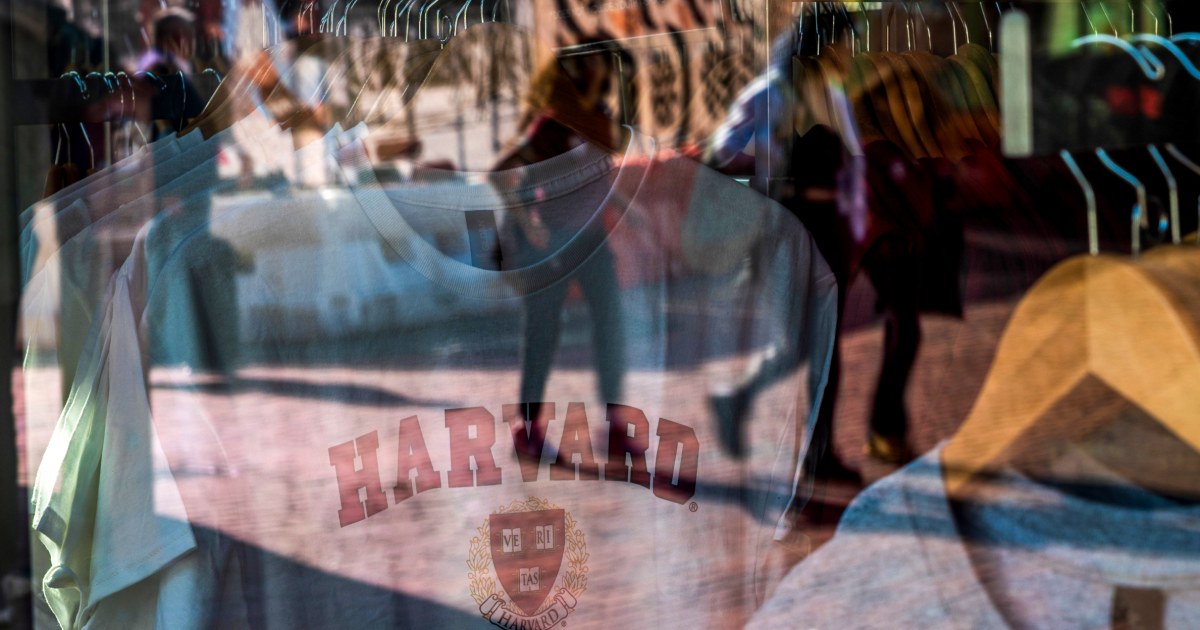
 News1 week ago
News1 week agoTrump administration continues to target international students. What to know and what could be next.
-
Vermont1 week ago
MMU’s Bea Molson returns to glory, CVU girls claim doubles at tennis championships
-
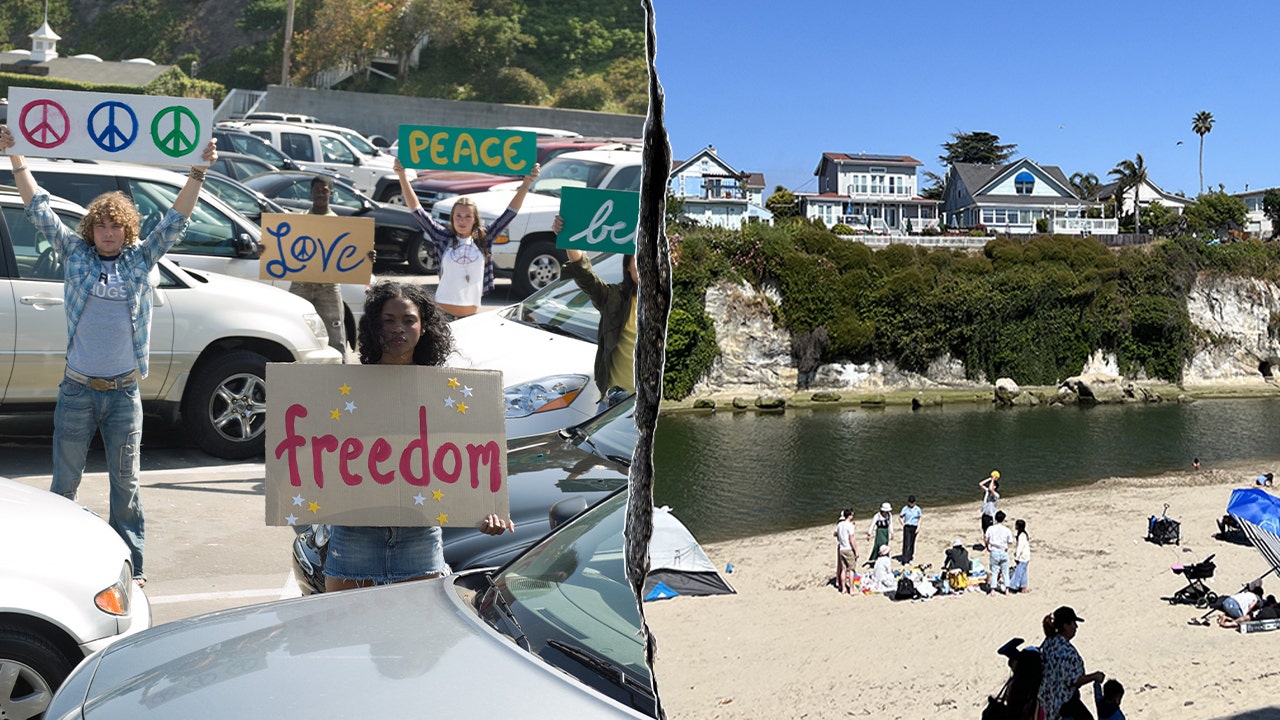
 Politics1 week ago
Politics1 week agoCalifornia beach ‘Resist!’ protest pushes ‘kindness’ while calling to ‘86 47’ in anti-Trump message










